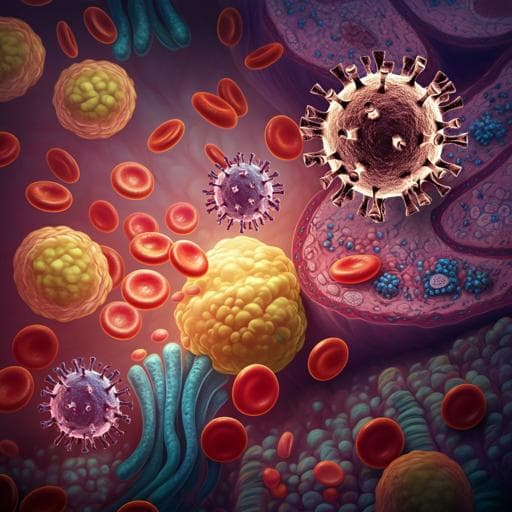
Health and Fitness
Thoracic adipose tissue contributes to severe virus infection of the lung
F. Hornung, L. Schulz, et al.
This research conducted by Franziska Hornung and colleagues explores the surprising role of adipose tissue in the fight against respiratory viruses like influenza and COVID-19. The study reveals that while fat tissue can indirectly assist virus replication through inflammation, direct replication of SARS-CoV-2 in fat cells is absent. Discover how this could reshape our understanding of obesity's impact on viral infections.
~3 min • Beginner • English
Related Publications
Explore these studies to deepen your understanding of the subject.







